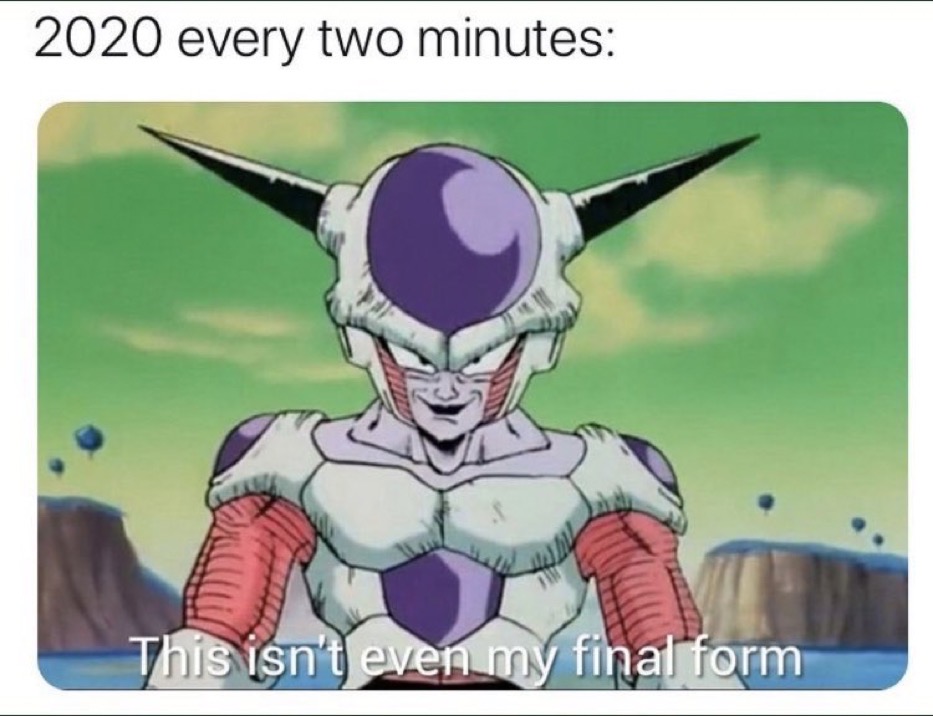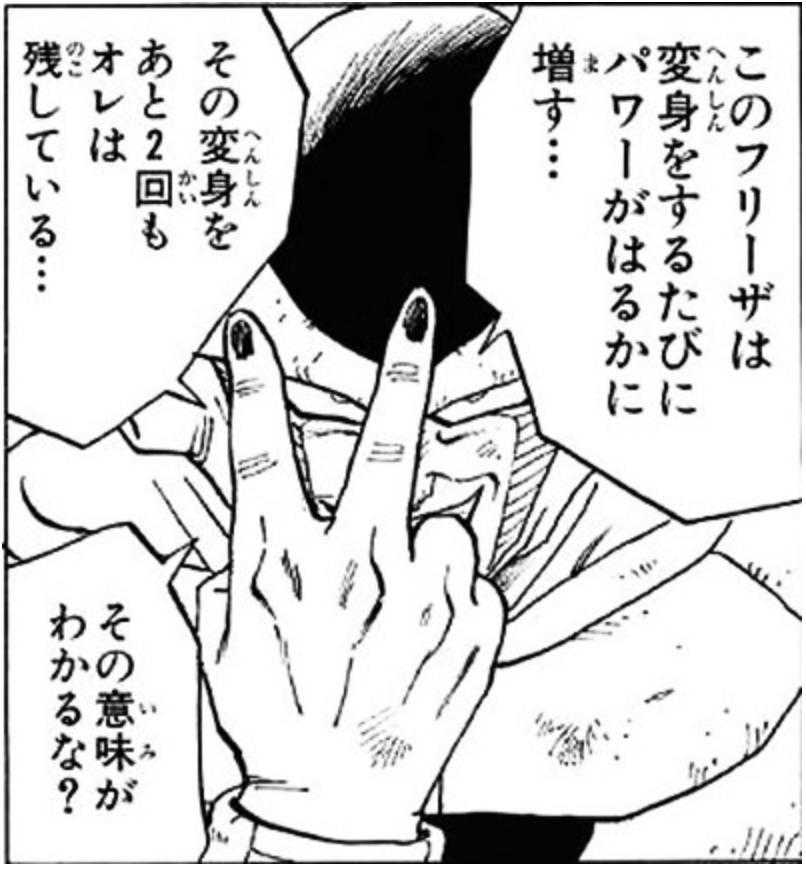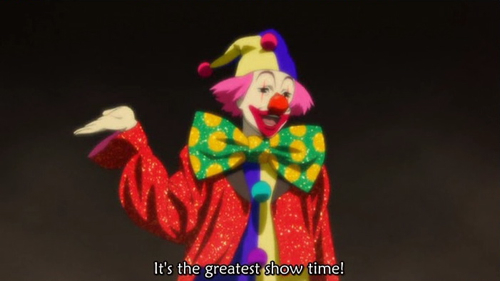I’m in The Japan Times with a look at how “Seinfeld” is being translated into Japanese: “These senbei are making me thirsty? How ‘Seinfeld’ sounds in Japanese.”
“Seinfeld” was added to Netflix last October, and my editor noticed Japanese comments about using the show as English study, now that they’d finished bingeing “Friends.” He was curious to see how it was being translated, so I took a look earlier this year. The piece just went up with some updates thanks to the JT.
I found what I basically expected to find: The dubbed translation is far superior. The voice acting is pretty incredible, actually. I recommend checking out the “these pretzels are making me thirsty” line from “The Alternate Side” (S03E11) to see how well it works.
I didn’t have space for this in the article, but I found a few mistakes in the translation.
In “The Puffy Shirt” (S05E02), George has moved back in with his parents, and they’re treating him like royalty after his recent hand modeling success. His mother offers him jello, and his father makes a critical comment. Here’s what the English looks like:
FRANK: Why’d you put the bananas in there?!
ESTELLE: George likes the bananas!
FRANK: So let him have bananas on the side!
The dubbed version gets the ensuing conversation correct:
なんでバナナ入れたんだ? (Nande banana ireta nda?, Why’d you put the bananas in there?)
ジョージはバナナが好きなのよ! (Jōji wa banana ga suki nano yo!, George likes the bananas!)
バナナは別にしよう! (Banana wa betsu ni shiyō!, Put the bananas on the side!)
The subtitled version, however, somehow has his father asking for the bananas to be added in:
バナナも入れろ (Banana mo irero, Put in the bananas, too)
ジョージの好物よ! (Jōji no koobutsu yo!, George loves bananas!)
食わせてやれ! (Kuwasete yare!, Feed him the bananas!)
Seems like the subtitler got mixed up in all the yelling.
And in “The Yada Yada” (S08E19), I found a nearly impossible to translate joke. Tim the dentist has converted to Judaism and starts telling Jewish jokes. This line isn’t a joke, but it’s tough to put into Japanese:
English: Give me a schtickle of flouride.
Sub: ユダヤ教徒用のフッ素をくれ (Yudaya kyōto yō no fusso o kure, Give me the flouride for Jews)
Dub: フッ素を少し頂戴 (Fusso o sukoshi chōdai, Give me a bit of flouride)
I can’t tell exactly, but I think the dubbed version might give the 少し a skosh more shh on the front of the word to try and capture the sense of the Yiddish, but it’s really difficult to tell. The subtitle goes with a frankly terrible translation – “Give me the flouride for Jews”? It seems like the translator does recognize schtickle as a Yiddish word, but what a terrible decision. There must be some other approach that would work.
Later in the episode, Kramer calls Seinfeld an “anti-dentite.” Here’s how it gets translated:
English: You’re an anti-dentite
Sub: お前はアンチ歯科医 (Omae wa anchi shikai, You’re anti-dentist)
Dub: お前は歯医者差別主義だ (Omae wa haisha sabetsu shugi, You discriminate against dentists)
There are problems with both of these translations. The sub captures the “feel” of the English, but the dub better expresses the discriminatory aspect present with the antisemite connotation. Some of this is just going to get lost, unfortunately, like with the schtickle line. I think the dub is more successful in the end, but that could be because you get all the emphasis in the verbal jousting between the characters.
I can’t imagine anyone doing a full rewatch with the dubbed version in Japanese, but if you’re interested in watching some high-level voice acting, it’s not a bad exercise. For the life of me, I could not track down who did the voice acting. I’m always curious to know who does the voices because they’re all so prolific that they’ve done many other roles. Anyone know where this information might be hidden?



